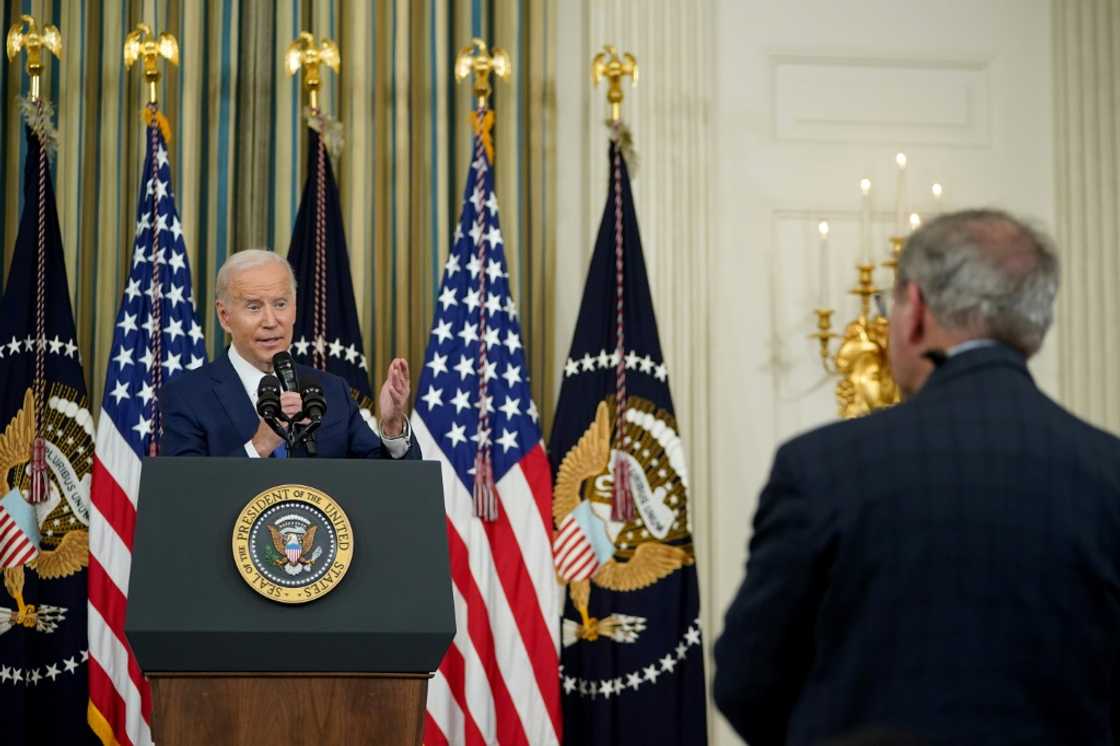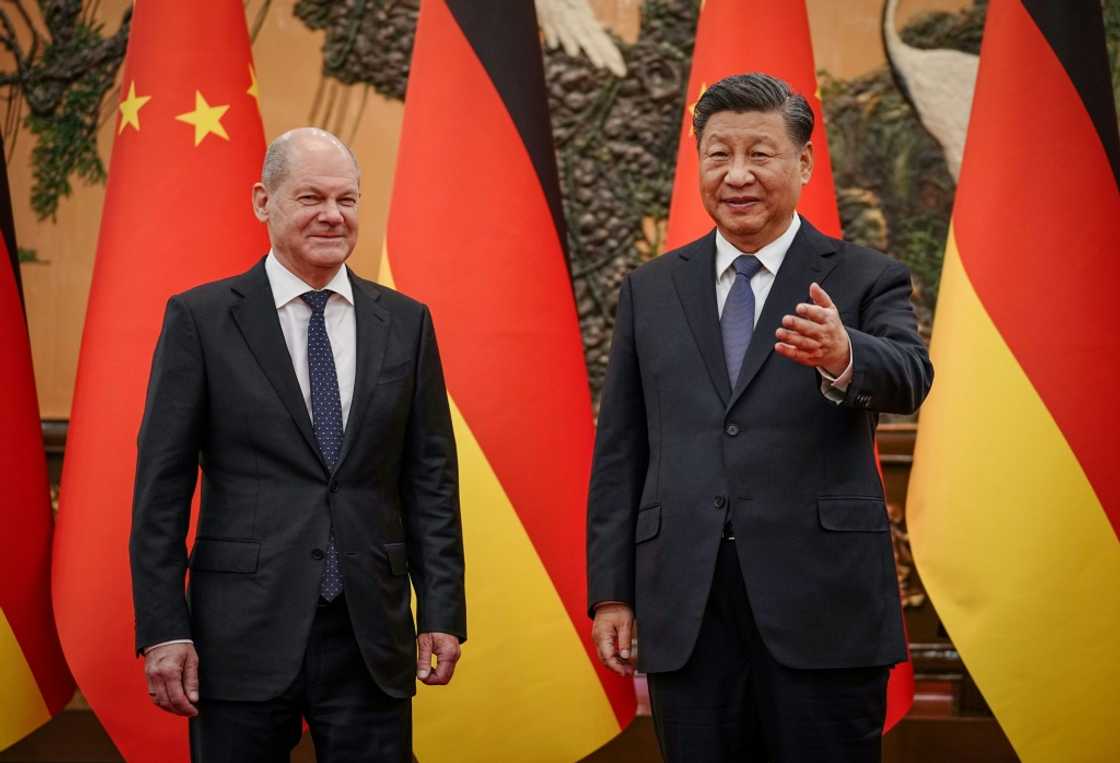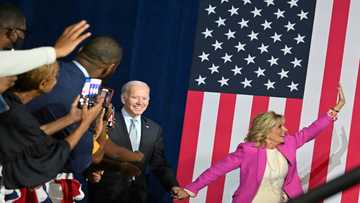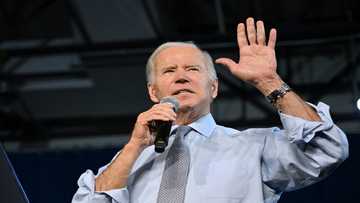Biden seeks to gauge US, China 'red lines' with Xi

Source: AFP
PAY ATTENTION: Сheck out news that is picked exactly for YOU ➡️ find “Recommended for you” block on the home page and enjoy!
US President Joe Biden said Wednesday he would ask Chinese President Xi Jinping about his "red lines" to reduce the potential for conflict after soaring tensions on Taiwan when they gather next week in Bali.
A day before flying to Asia, Biden indirectly confirmed plans to meet Xi on the sidelines of the Group of 20 summit in what would be their first encounter since they became presidents of the world's two largest economies.
"What I want to do with him when we talk is lay out what kind of -- what each of our red lines are," Biden told a news conference following US midterm elections.
Biden said he sought to know "what he believes to be in the critical national interests of China, what I know to be the critical interests of the United States, and to determine whether or not they conflict with one another."
If there are conflicts, Biden said he hoped to work together on "how to work it out."
Biden and Xi have spoken virtually as presidents but have not met in person, with the Chinese leader until recently putting off international travel due to the Covid-19 pandemic.
PAY ATTENTION: Follow us on Instagram - get the most important news directly in your favourite app!
Xi heads to the Indonesian resort island fresh from securing a historic third term from his Communist Party, while Biden is flying out following a surprisingly strong showing by his Democrats in midterm elections.
The two leaders know each other unusually well for two presidents, with Biden in 2011 traveling to China to spend time with Xi when they were both vice presidents.
Eleven years later, tension has risen sharply over Taiwan with the Biden administration warning that China has stepped up its timeline to seize the self-governing democracy that it claims as part of its territory.
Biden support on Taiwan
Biden on three occasions has indicated that he is ready to commit the US military to defend Taiwan, a break with longstanding policy that was walked back each time by the White House.

Source: AFP
Biden insisted Wednesday there was no change in the historic US stance of strategic ambiguity on whether Washington would use force in the event of a Chinese invasion.
"The Taiwan doctrine has not changed at all from the very beginning," Biden said, adding that he would discuss Taiwan but also trade and China's relationship with other countries.
US concerns about Taiwan have been thrown into stark relief by Russia's February 24 invasion of Ukraine, an operation that had until recently been seen as a remote possibility.
Biden bluntly repeated US assessments that China has hesitated at supporting Russia materially, despite President Vladimir Putin's visit to Beijing to meet Xi before the invasion.
"I don't think there's a lot of respect that China has for Russia or for Putin," Biden said.
"I don't think they look at that as a particular alliance. Matter of fact, they've been sort of keeping their distance a little bit."
Biden, like his predecessor Donald Trump, has identified China as the premier global competitor of the United States and promised to reorient US policy around the challenge.
But the Biden administration has also promised to work with China on common interests such as climate change.
US climate envoy John Kerry briefly met his Chinese counterpart Xie Zhenhua at the COP27 climate summit in Egypt, marking a further thaw in tensions.
China said it would suspend climate dialogue, a key focus of Biden, in anger after an August visit to Taiwan by House Speaker Nancy Pelosi, a Democrat who is second in line to the presidency.
New feature: Сheck out news that is picked for YOU ➡️ find “Recommended for you” block on the home page and enjoy!
Source: AFP




